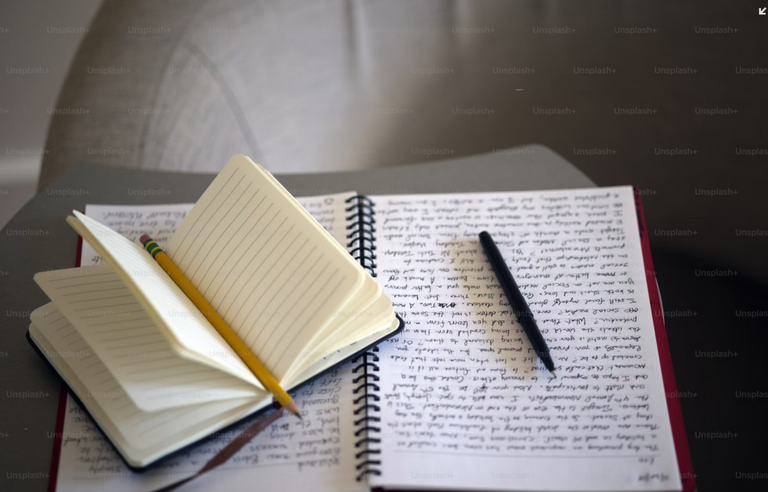The Power of Daily Journaling: How Writing Can Transform Your Life
Journaling is one of the simplest yet most powerful habits you can develop. It’s more than just putting words on paper—it’s a tool for self-discovery, stress relief, and personal growth. Whether you want to process emotions, boost creativity, or gain clarity on life’s challenges, journaling can help you achieve a deeper understanding of yourself and the world around you.
In this guide, we’ll explore the benefits of daily journaling, different journaling techniques, and tips for making it a consistent habit.
Why Journaling is Beneficial
1. Reduces Stress and Anxiety
Writing down your thoughts and feelings provides an outlet for emotions, helping you process stress, fears, and worries. Studies show that journaling can lower anxiety levels and improve mental well-being by reducing emotional buildup.
2. Enhances Self-Awareness
Journaling helps you reflect on your thoughts, behaviors, and patterns. By regularly writing about your experiences, you gain insight into your emotions, triggers, and personal growth over time.
3. Boosts Creativity
Writing freely allows your mind to wander, explore new ideas, and tap into creativity. Whether you’re brainstorming, sketching out ideas, or writing stories, journaling helps unlock creative potential.
4. Improves Problem-Solving Skills
When faced with challenges, journaling allows you to break down problems, explore possible solutions, and organize your thoughts in a clear, structured way. It encourages rational thinking and better decision-making.
5. Strengthens Memory and Learning
Writing things down helps reinforce what you learn. Whether you’re documenting personal experiences, lessons from books, or daily reflections, journaling can improve memory retention and deepen understanding.
6. Tracks Personal Growth and Goals
Journaling serves as a personal record of progress, allowing you to see how far you’ve come. Setting goals, tracking habits, and reflecting on past entries help measure achievements and stay motivated.
7. Encourages Gratitude and Positivity
A gratitude journal shifts focus from what’s missing to what’s already present. Writing down things you’re grateful for daily fosters a positive mindset and greater appreciation for life.
Types of Journaling and How to Get Started
1. Free Writing (Stream of Consciousness)
- Write whatever comes to mind without worrying about grammar or structure.
- Helps clear mental clutter and express emotions freely.
2. Gratitude Journaling
- List three things you’re grateful for each day.
- Encourages a positive outlook and reduces negativity.
3. Goal and Productivity Journaling
- Write down your short-term and long-term goals.
- Break them into actionable steps and track progress over time.
4. Reflective Journaling
- Review your day, noting what went well and what could improve.
- Helps recognize patterns and areas for growth.
5. Prompt-Based Journaling
- Use journal prompts to guide deeper reflection. Examples:
- What inspires me?
- What’s a challenge I recently overcame?
- What do I want to achieve in the next six months?
6. Dream Journaling
- Write down dreams immediately after waking up.
- Helps explore subconscious thoughts and creativity.
7. Bullet Journaling
- A structured system that includes to-do lists, goals, and reflections.
- Ideal for organization and productivity.
Tips for Building a Journaling Habit
- Start Small – Begin with 5-10 minutes a day. Even a few sentences count.
- Be Consistent – Set a specific time for journaling, like morning or before bed.
- Don’t Overthink It – Write naturally; don’t worry about grammar or structure.
- Find a Journaling Style You Enjoy – Experiment with different formats to see what works best.
- Use a Notebook You Love – A journal that feels special makes the process more enjoyable.
- Write Honestly – Journaling is for you; express yourself openly without judgment.
- Make It a Ritual – Pair it with another habit like drinking coffee or winding down at night.
Final Thoughts
Journaling is a powerful habit that can enhance your mental clarity, emotional well-being, and personal growth. Whether you’re looking to reduce stress, gain self-awareness, or simply document your journey, writing regularly can bring incredible benefits.
Start today—pick up a notebook, set aside a few minutes, and let your thoughts flow. Over time, you’ll discover how journaling can truly transform your life.



